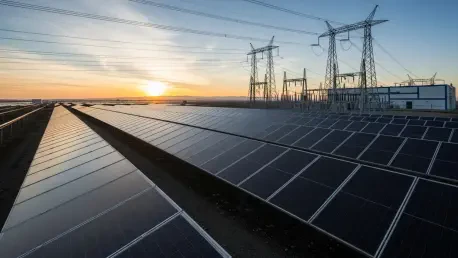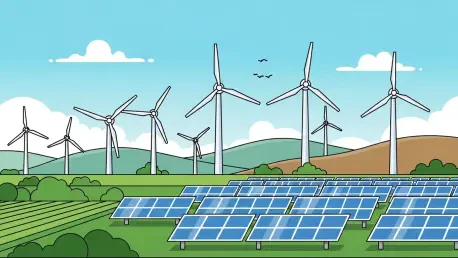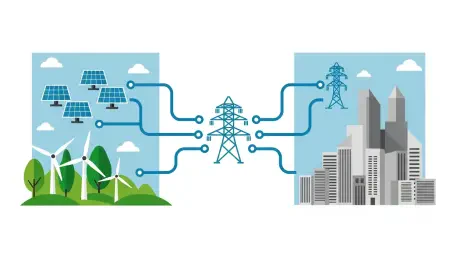
The global energy landscape underwent a seismic transformation this year, demonstrating with unprecedented clarity that the transition away from fossil fuels is not just a future possibility but a present-day reality unfolding at an accelerated pace. Across multiple sectors, from power generation

The delicate balance of the nation's energy grid has once again become a focal point of intense policy debate, as a surge in electricity demand, fueled by the rapid expansion of artificial intelligence and data centers, puts unprecedented strain on existing infrastructure. This renewed pressure is

An Unprecedented Leap: India's Rise as a Renewable Superpower In 2025, India crossed a monumental threshold in its energy journey, achieving a goal that places it at the forefront of the global fight against climate change. The nation successfully sourced 50% of its total electricity capacity from

As nations race to curb carbon emissions and fortify their energy independence, a powerful yet invisible molecule is rapidly emerging as a linchpin of the global clean energy transition. This molecule, green hydrogen, is produced using renewable energy and represents a pivotal tool in the fight

The selection of Antalya, Turkey, to host the COP31 climate conference in 2026 places the nexus of global climate negotiations squarely in the Mediterranean basin, a region warming significantly faster than the global average. With Murat Kurum appointed as President-Designate, this decision is far

As India navigates the complex challenge of powering its burgeoning economy while simultaneously pursuing ambitious renewable energy targets, a massive transformation of its national power infrastructure is underway. In this critical transition, Adani Energy Solutions Ltd. (AESL) has emerged as a